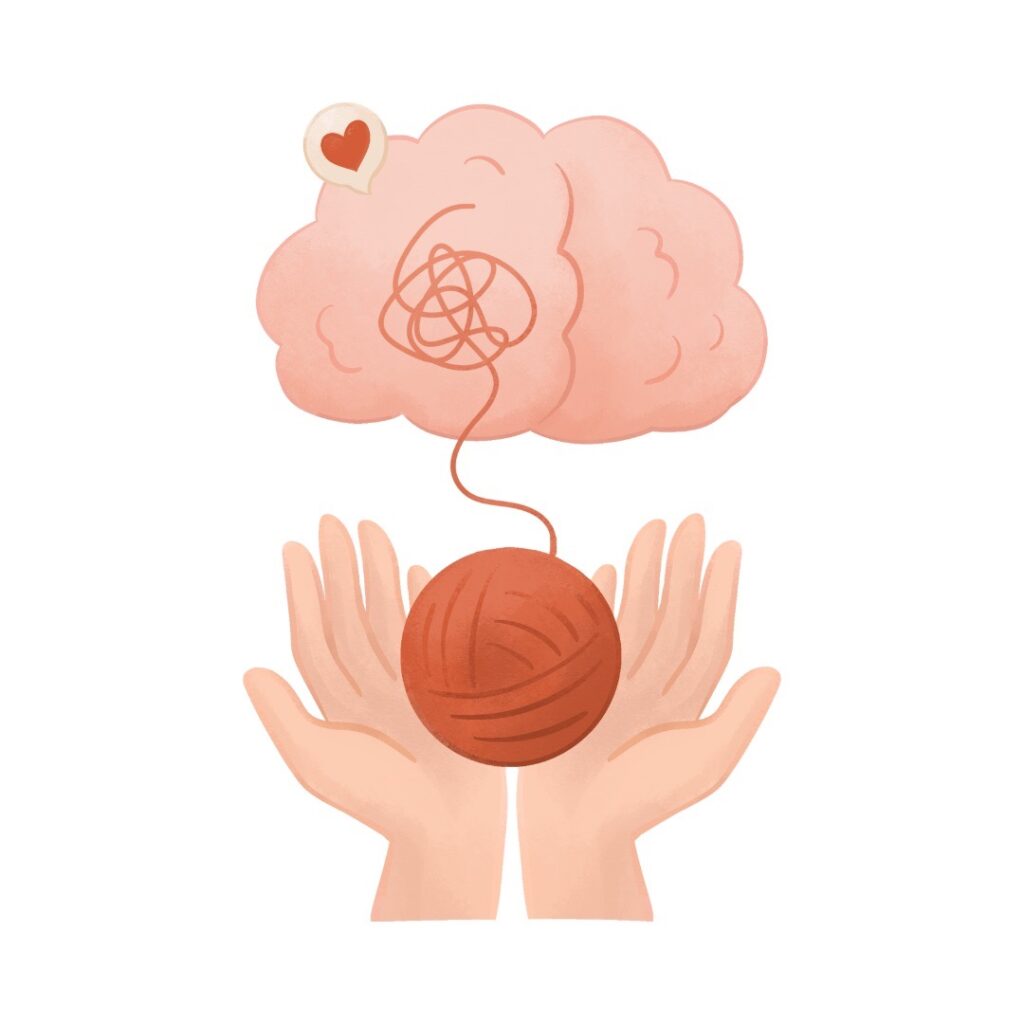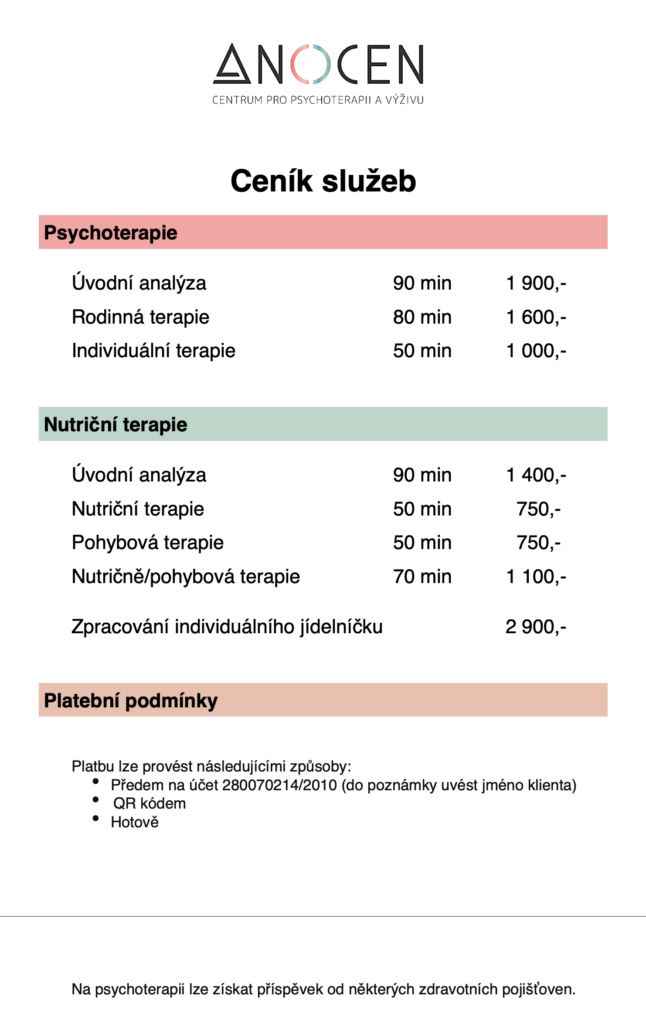WHAT IT IS
EATING DISORDER
An eating disorder is serious and often life- threatening mental disorder that affects many people worldwide. It can have different forms, such as anorexia nervosa, bulimia nervosa or binge eating.
These disorders are usually associated with negative feeling about one´s body image, low self-
respect, anxiety and depression.
People suffering from eating disorder may have problems regulation their food intake when they either control their weight by extreme meal habits, or on the contrary they try to keep their weight very low by restricting food intake. These disorders can have serious consequences for physical and mental health, and can lead to many health problems such as nutrient deficiencies, dehydration, muscle weakness, organ damage or even death.
It is important to remember that an eating disorder is not a sign of weakness or lack of self-control. These disorders are complex psychological disorders that often require professional help and support. If you feel that you suffer from any of these disorders, do not hesitate to contact us.
Mental anorexia
Anorexia nervosa is a serious psychological disorder characterized by an uncontrollable fear of gaining weight, restricting food and weight loss. The reasons for developing this disorder are complex and can include genetic factors, stress, trauma, low self-esteem and social pressures. The treatment for anorexia involves professional psychology, medical help and support from family and friends. It helps patients to return to normal eating habits and strengthen their self-esteem and respect to their own bodies. It is important to remember that anorexia nervosa is a serious disorder that requires special care and support.


Mental bulimia
Bulimia nervosa is a psychological disorder in which the sufferer has repeated bouts of binge eating, followed by feelings of guilt and the need to induce vomiting, use laxatives or other ways to get rid of the accumulated food. The reasons for developing this disorder may vary, including stress, low self-esteem, anxiety and depression. The treatment for bulimia includes psychology, nutritional counselling, and medication if necessary. Family and friend´s support is also important to help the sufferer overcome the problem. Bulimia can be a very serious disease, so it is important to seek professional help if you are experiencing symptoms of this disorder.
Binge eating disorder
Binge eating is a psychological disorder when the sufferer has repeated bouts of binge eating without any control over the amount of consumed food. These attacks are accompanied by strong feelings of guilt, shame and inadequacy. The reasons for developing this disorder can include stress, trauma, low self-esteem, anxiety and depression. Treatment for binge eating disorder includes psychology, nutritional counselling, and support from family and friends. The most important is to help the sufferer to start controlling his food intake, strengthen self-esteem and building the body respect.
Sometimes binge eating can be triggered not only by emotional factors, but also by physical hunger and low blood glucose level.
This means that many people suffering from this disorder may tend to consume large quantities of highly processed foods with high sugar and carbohydrate content, which can lead to a rapid increase in blood glucose levels and subsequent crash, causing even greater food cravings. This cycle can lead to a vicious circle of overeating and can be difficult to break.
Orthorexia
Orthorexia is a psychological disorder when the sufferer has an obsession with eating healthy food. A person with this disorder is convinced that certain foods are healthy, while others are harmful and must be eliminated from the diet. This can lead to extreme dietary restriction including an exacting and often unsustainable eating regime. People with this disorder can be severely limited in their daily lives and their mental and physical health can be endangered, for example due to insufficient nutrient intake. Orthorexia treatment usually involves psychology and nutritional counselling aimed at regaining a healthy attitude to food and eating.
Bigorexia
Bigorexia, also known as muscle dysmorphia, is a mental disorder in which the individual has an obsession to develop muscles and achieve as much muscle growth as possible. The individual’s build could be already normal or exceptionally large and muscular. Bigorexia can have a negative impact on the mental health of the sufferer, who can become socially isolated and depressed if he does not feel like achieving his goals. Treatment involves psychology and support from nutrition and fitness specialists to help the sufferer improve his relationship with his body and learn to train in a healthy and sustainable way.
Drunkorexia
Drunkorexia is a behaviour in which an individual self imposes malnutrition and binge drinking to avoid weight gain. It leads to various health problems. People suffering from this disorder usually restrict their food intake before drinking so that they can drink more alcohol without gaining weight. This can lead to eating disorders such as anorexia and bulimia, or other serious health problems such
as liver failure and dehydration. Treatment for drunkorexia involves psychology to help individuals learn to manage their behaviour and develop a healthy relationship with food and alcohol.
Drunkorexia is especially common for students who are involved in sports or have a higher social
status.
Kontaktujte nás
If you feel that you are suffering from any of the above disorders, do not hesitate to contact us.


